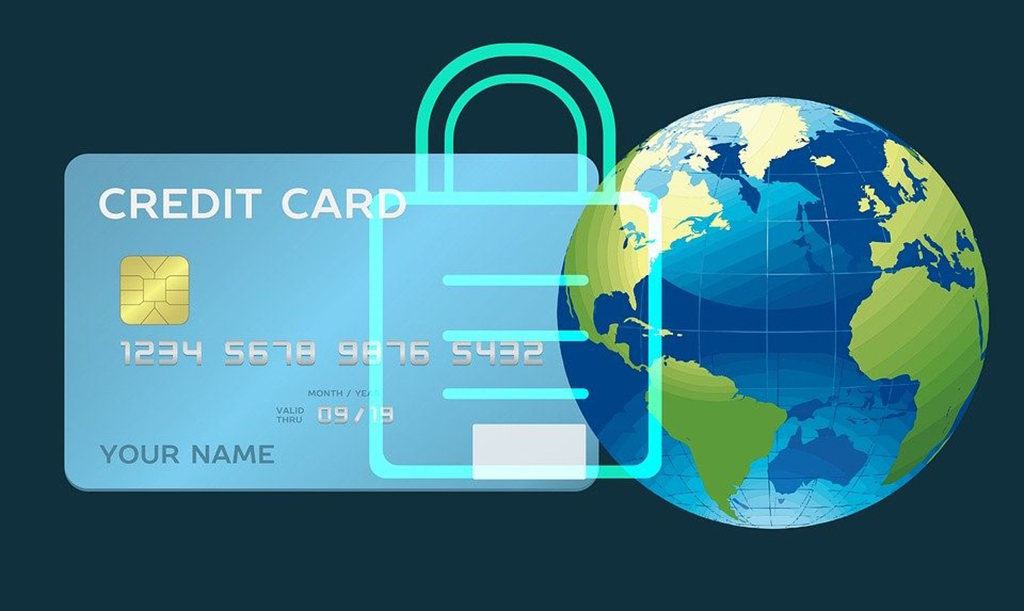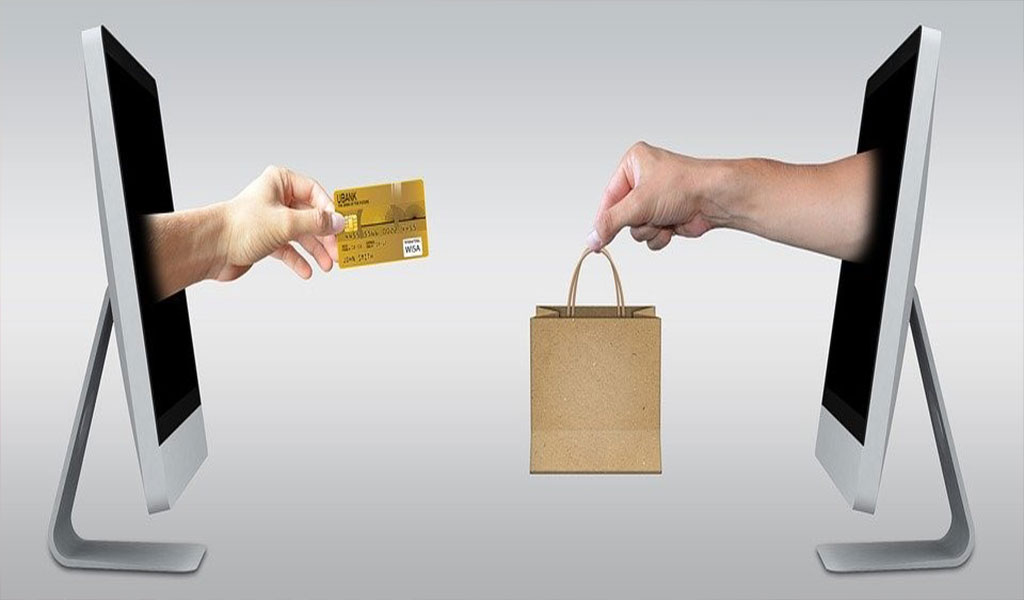Are Baby Boomers or Gen Z the next banking customers?
10 February 2020
As time goes by, banks are always on the lookout for the
next generation of customers in order to stay relevant and bring in new
prospects. Although several articles point to Generation Z (Gen Z) as being the
next big thing, another approach has designated Baby Boomers as the next
audience that should be targeted by banks.
One report suggested that Gen Z are “much more open to
disruption” than previous generations, but it seems that the counterargument to
that is that previous generations were also open to disruption when they
themselves were teenagers.
As such, Forbes tries to
identify the next generation of banking consumers by asking one question: Who
will have new and different banking needs that the industry will have to design
and redesign products and services for?
The answer to this question is Baby Boomers (generation born
between 1946 & 1964), and here are the trends that support his argument as
he highlights the reasons that the Boomers’ situation is different that their
predecessors.
Lifestyle
According to a survey by LIMRA Secure Retirement Institute,
27% of pre-retirees are planning to work at least part-time during their
retirement years, while currently roughly 1 in 5 retirees are actually working
part-time. The reasons for that are basically the same as why anyone works in
the first place; to make money, stay engaged and because they actually enjoy
their work.
Family
Although conventional bank accounts are typically made for
individuals, who later could give access to a partner, Boomers are known to
have a different reality at hand. For example, they usually help out their
aging parents to manage their finances, and also they have higher average
student loan debt than Millennials did in Q1 2019, making them more affected by
student loans than Millennials in the United States.
Healthcare
Since Boomers are technically in the retirement period, it’s
safe to assume that healthcare and easy access to financial services naturally
go hand-in-hand for this generation. Transamerica’s annual retirement report
shows increasing concerns on healthcare, and in the period between 2015 and
2017, it shows that concerns on health requiring long-term care grew from 36%
to 44%, and concerns on lack of access to proper, affordable healthcare rose
from 25% to 38% in the United States.
Today, Boomers have new, emerging needs that are slowly
surfacing as they grow older, and it is exactly that statement that illustrates
their need for new digital banking services. These are the need to have
security against unethical and fraudulent behavior, to allow permissioned
access to family members and trustees, to integrate and connect with estate
planning wishes, and to improve the overall management of healthcare costs.
As the future gets increasingly dynamic and digitized, life has been made simpler in a lot of ways, but it also has become more complex for different industries to stay relevant and establish long-term success. When it comes to the banking sector, segmentation is key to survival. Banks, like other businesses, need to identify and serve select niche markets, such as Baby Boomers.
Tags
Baby Boomers, Millennials, Gen Z, Generation Z, Healthcare,
Family finance, Forbes, Ron Shevlin, opinion, FinTech trends
related articles

Can Blockchain Technology Affect Banking and FinTech?

Four FinTech Elements Affecting the Retail Banking Ecosystem

How FinTech can relate to the Healthcare Industry

Banking Experts Forecast Key FinTech Trends in 2020

6 FinTech Trends That Will Transform Banking In 2020

FinTech Trends To Keep An Eye On In 2020

How FinTech Can Contribute To Healthcare


 0
0
 3.3k
3.3k 



Comments